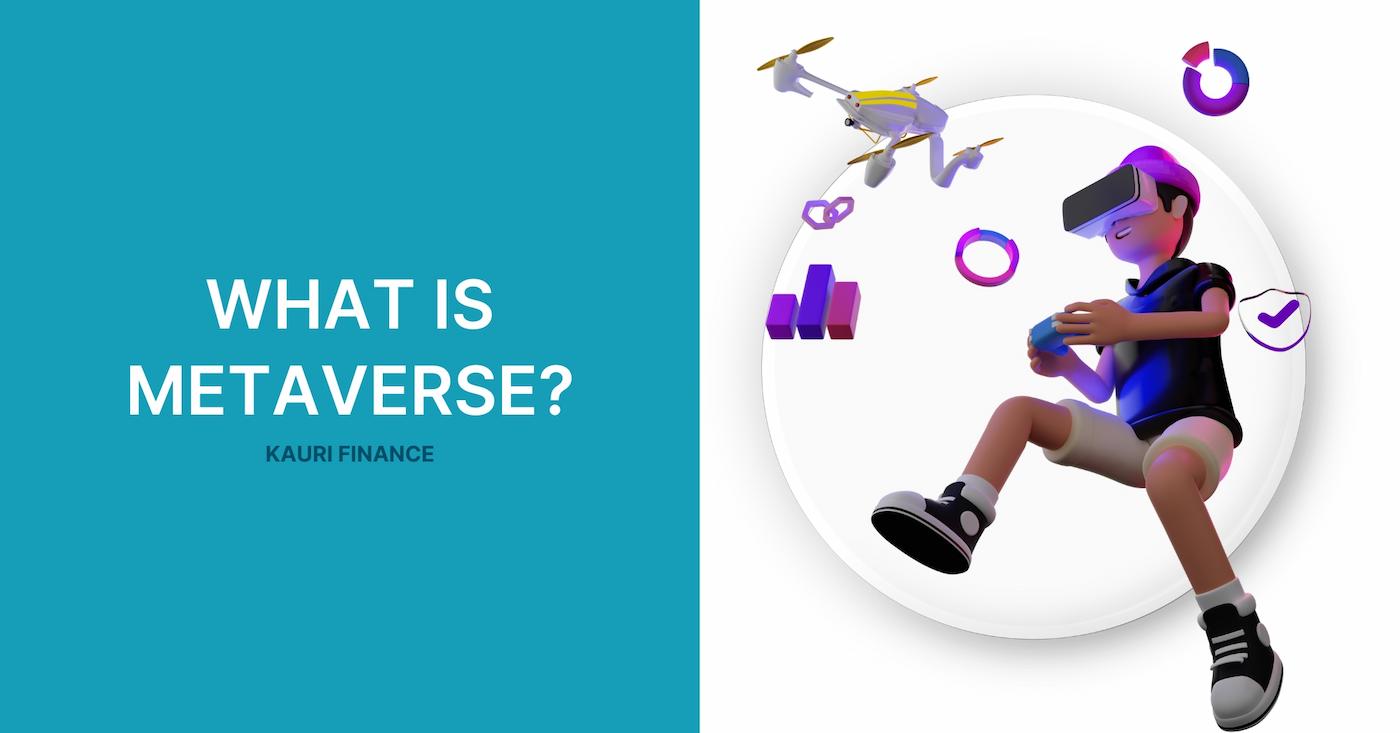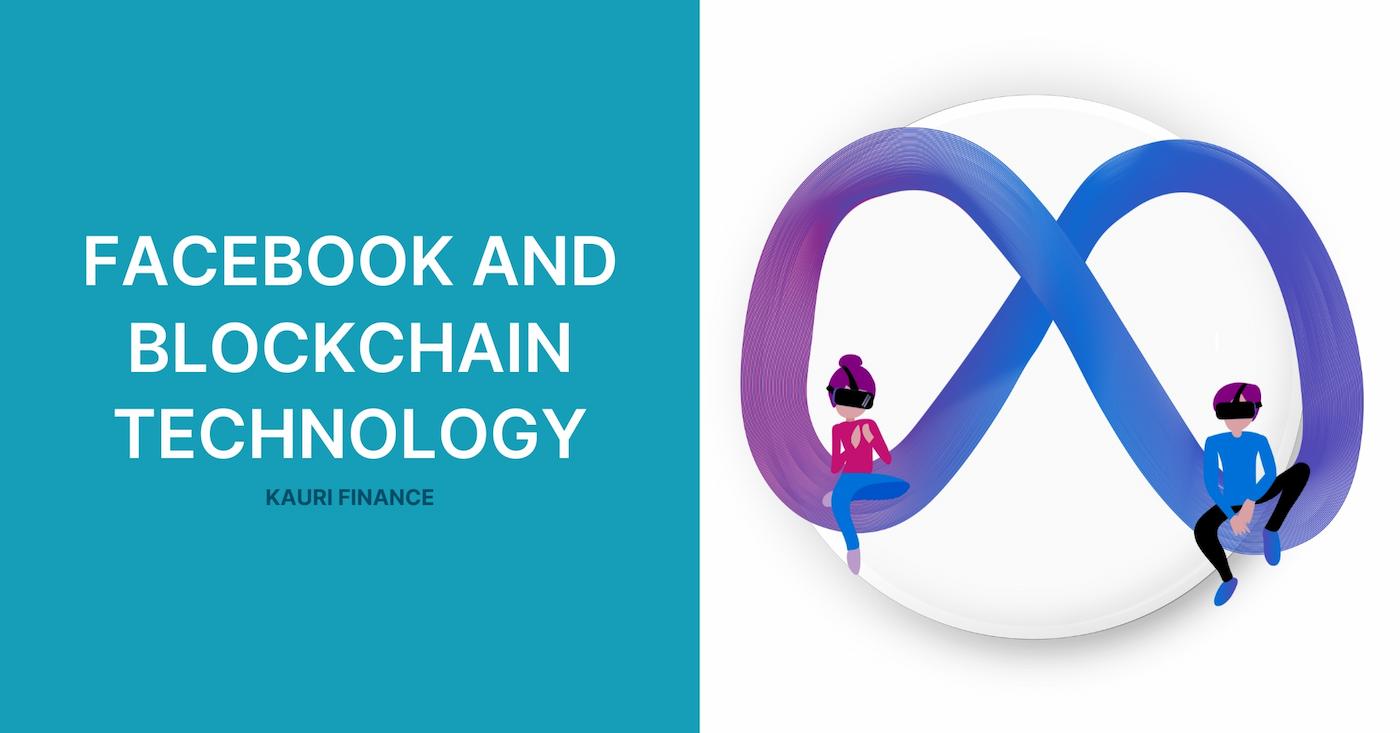
What is Metaverse?

Blockchain is at the heart of many of today's groundbreaking technologies. In the last couple of years, blockchain and NFT have stood out as some of the most talked about and relevant technologies. Research shows that approximately 18% of Americans have invested in NFTs, while more than one in five UK residents consider NFTs to be an attractive and reliable investment.
NFTs are unique digital assets protected by blockchain technology, which allows digital objects to be assigned real value. At the same time, interest in blockchain continues to grow steadily.
Previously, discussions about blockchain, NFT and cryptocurrencies have mostly revolved around real-world investments and financial transactions. However, Facebook's announcement of its rebranding to Meta and plans to create a meta universe have changed this dynamic. After the announcement of Facebook's rebranding to Meta, the value of cryptocurrencies, such as MANA, intended for use in the meta-universe increased by about 400%.
How does blockchain fit into Facebook's Meta-Universe Plans?
To understand how blockchain fits into Facebook's meta-universe strategy, it is important to first understand the nature of blockchain within virtual worlds like the meta-universe.
Blockchain Basics
Blockchain is a digital ledger of transactions that consists of sequentially linked data (blocks) protected by cryptographic methods. Each block contains a unique cryptographic hash of the previous block, a timestamp, and transaction data, providing a secure and immutable chain of information.
This structure makes the blockchain resistant to fraud and provides full transparency of transactions due to the immutability of records.
Blockchain operates on a decentralized network distributed among all its participants. This means that blockchain data is distributed across a network of nodes, each of which stores its own copy of the blockchain, thereby enhancing the security and reliability of the system.
While blockchain has applications ranging from the secure exchange of medical data to supply chain control and copyright protection, one of its key uses in the meta-universe has to do with cryptocurrencies.
- Cryptocurrencies: are purely digital assets that circulate exclusively in an online format, with transactions confirmed through a decentralized blockchain network.Cryptocurrencies can be used to purchase goods and services, but their value is subject to significant fluctuations due to the lack of centralized control over their circulation.
There are a huge number of cryptocurrencies on the market such as Bitcoin, Ethereum and MANA previously mentioned. Facebook is actively exploring the possibilities of blockchain and cryptocurrencies in an effort to integrate these technologies into its meta-universe plans.
What is a Meta-Universe?
A meta-universe is a complex virtual space that is brought to life using 3D modeling and virtual reality technology. This space provides users with a unique opportunity to interact with digital content and other users in an immersive, interactive environment. Distinctive characteristics of a meta-universe include its permanence, real-time operation, unlimited expansion possibilities, self-sufficiency, interoperability, and decentralized structure.
This definition of the meta-universe makes it an ideal environment for the integration and utilization of cryptocurrency. Cryptocurrency, as a digital asset not directly linked to traditional fiat money, represents the optimal way to transact in this virtual reality. The key point is that cryptocurrency provides a flexible and secure mechanism for exchanging value within a meta-universe where spatial and temporal constraints disappear.
The decentralized nature of the meta-universe highlights the importance of creating a decentralized economic system within it. In such a system, there is no central controlling authority, which is consistent with the underlying principles of blockchain and cryptocurrency. This combination promotes an open and free digital society where everyone has an equal opportunity to interact and create value.
In a meta-universe, elements of our environment, such as the natural environment and the appearance of characters and objects, will evolve depending on the creative efforts of developers and the desires of customization users. The immutable and secure foundation provided by blockchain and cryptocurrencies provides this environment with the stability and security necessary to support a dynamic and feature-rich virtual world.
Options for using blockchain in the meta-universe
The application of blockchain technology in the meta-universe opens new horizons for the development of the digital world and its economy. The main uses of blockchain in the meta-universe include:
- Digital Assets and NFTs: All in-game assets are transformed into unique, non-fungible tokens (NFTs) that provide the ability to earn and trade in the meta universe. These assets retain their value and availability regardless of the user's actions, be it quitting the game or deleting it. The blockchain ensures that the data on these assets remains unchanged and secure.
- Authentication and self-identification: Blockchain serves as a trusted tool to record and verify a user's identity as they move through the meta-universe. This includes a user's age, changes in appearance, activity history, and other unique attributes. Such a system provides a high level of transparency and helps prevent fraud and crime in the digital world.
- Real estate in the meta-universe: Regulating the ownership and use of virtual real estate in the meta-universe is challenging. Blockchain offers a solution in the form of creating an immutable history of the processes of creating, changing, selling or destroying real estate, thus ensuring its legal purity and transparency of transactions.
- Supporting Creative Individuals: One of the first and most important aspects of blockchain adoption in the meta-universe is incentivizing developers and content creators. Using cryptocurrency to reward creators avoids mediation and unfair revenue sharing terms, as was the case with Epic Games when the platform sued Apple for charging a 30 percent commission on any purchases made by users through its popular Fortnite game. Blockchain provides a direct and fair economy of interaction between content creators and their audiences.
Will Meta, formerly Facebook, utilize blockchain technology?
In light of the company's rebranding to Meta, Mark Zuckerberg emphasized the importance of privacy, security, open standards and collaboration in the future of the meta universe. His address outlined the need for new technological solutions, including the introduction of cryptocurrencies and NFT, as well as the development of innovative approaches to governance.As well, he noted:
“This will require not only new technical work - such as supporting cryptocurrency and NFT projects in the community - but also new forms of governance.”
So far, Meta's official plans to implement blockchain technologies have not been disclosed. However, there is already a backstory to the company's engagement with digital currencies: in 2019, Facebook launched Libra (a digital currency), a wallet for this currency was later introduced under the names Calibra, then Novi and eventually renamed Diem in December 2020.
Given its existing infrastructure and experience with blockchain and digital currencies, it is conceivable that Meta may take further steps in this direction in the near future.
Role Kauri Finance
Kauri Finance's role in the meta-universe is to provide convenient, secure and integrated financial tools for users of this new digital dimension. With Kauri's Web3 non-custodial wallets, users of the meta-universe gain full control over their digital assets, ensuring the safety and privacy of their virtual funds. Support for multiple cryptocurrencies and NFTs expands the horizons for using Kauri wallets in various areas of the meta universe, from trading digital art to purchasing virtual real estate and participating in virtual economies.

